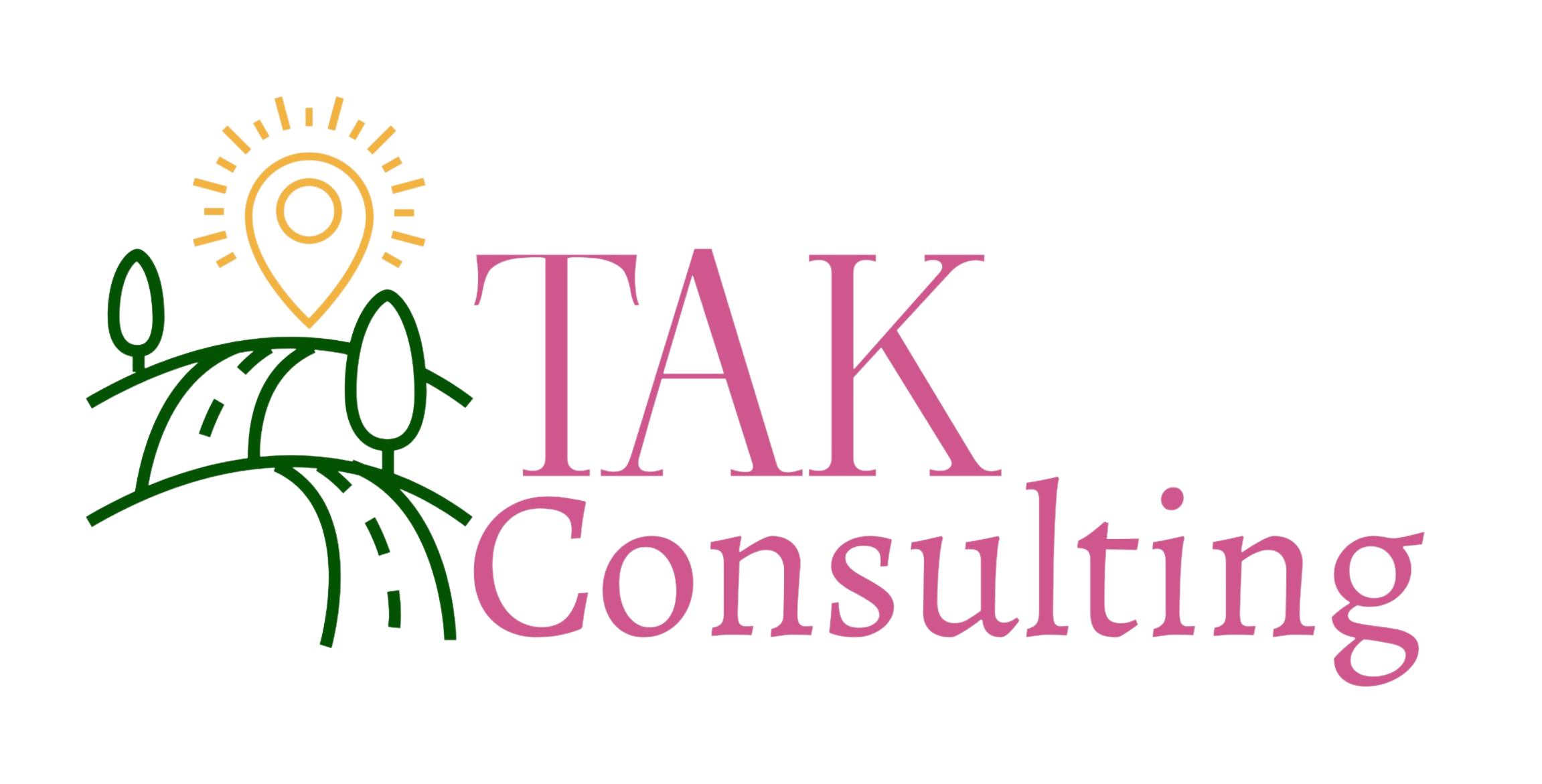As we come into the colder months of the year, mental health can be impacted for many individuals. We’re sure you hear it all the time but mental health is so incredibly important. Having good mental health can change your life and your work for the better.
Why is mental health so important? Why is belonging so important?
Mental health has one of the biggest influences for our overall quality of life. It can determine how we rationalize things, deal with emotions, and contributes to our everyday behaviors. Additionally, physical health is not entirely separate from mental health. When you have poor mental health, there are usually physical health conditions that arise from them as well.
Having a sense of belonging also plays a huge role in mental health. In 1995, Professor Roy Baumeister and Professor Mark Leary wrote a paper called “The need to belong: Desire for interpersonal attachments as a fundamental human motivation.” This paper focused heavily on belonging and even labeled it as a fundamental human need. Belonging also factors into our ability to form relationships, which is just as vital to our human needs. If we don’t feel we fit in, we aren’t likely to reach out and form meaningful relationships, which in turn, effects our mental health negatively. Moreover, belonging can affect self-esteem. In some cases, this low self-esteem, again, affects the ability to make social connections. Overall, mental health and the essential need for belonging, can drastically improve or impair your day to day life.
What benefits does belonging & good mental health for employees bring to business?
Since mental health is everywhere in life, it is evident that it influences work as well. In a 2020 study done by Qualtrics, only 20% who feel they don’t belong are engaged whereas 91% of employees are engaged when they feel they do belong. This is a monumental difference in terms of engagement and employee engagement leads to better work overall. For one, it creates higher productivity and boosts employee retention. “Workplace belonging leads to a 56% increase in job performance, a 50% reduction in turnover risk, and a 75% decrease in employee sick days,” according to a 2021 study from BetterUp. In the same study, those who feel they belong the most, are more intent on staying in the business by 34%. Another way employee engagement benefits business is from customer experiences, sales, and profits. There is a 10% difference in (positive) customer ratings according to research done by Gallup. From this same research, there is 18% difference in (increased) sales which lead to a 23% increase in profits.
When employees suffer from poor mental health, they are more likely to suffer from physical ailments which also contributes to employee absenteeism. Furthermore, poor mental health results in worse decision making, bad concentration, and can increase stress from any pressure at work. Although pressure can sometimes be a motivator, when pressure is too high or has gone on too long, this creates stress and burnout instead. Not having a balanced work-home life can cause stress to manifest with outward discontent to coworkers, discouragement from work, and overall dissatisfaction with the company. Although it may not be the company’s fault, this can still reflect poorly on you as a business.
Some ways to aid in employee mental health for the better
One of the optimal ways to promote good mental health in the workplace is through workplace culture. One way to do this is by giving the space for everyone’s personality to shine. When an individual has the opportunity to share personal life details (whether that’s things they love, their background, challenges and victories, or just general life stories), they gain a deeper feeling of belonging and closeness to the company or others within it. Another way to create a positive workplace culture is having a proficient leader. They are an invaluable asset to the team when they give space for employees to approach them with problems unbiasedly and truly hear them out. When employees can give feedback and receive acknowledgement in a positive manner, it gives a sense of value and belonging. On top of this, having a great leader gives way for coworkers to have better relationships with one another. nn We all know that first impressions are paramount and onboarding new employees is no different. As a test (before being widely introduced into their company), Microsoft buddied up 600 new employees when hired. This trial found that having a buddy helped employees to become more productive quicker, were happier with the onboarding process, and automatically felt more supported by their manager and team. The buddy system could also be beneficial for younger employees (or those with little/no work experience) because they are not alone and have assistance in understanding the expectations of them.
Mental health is significant
Mental health plays a role in every part of life. It has benefits for your everyday happiness and for business as well. Remember to always be kind to everyone and have empathy for those who may be going through something. You don’t always see everything and it is important to treat others how you would want to be treated. (If you or someone you know is struggling, here is a list of mental health hotlines. You are strong, you are loved, so please take care of yourself.)






